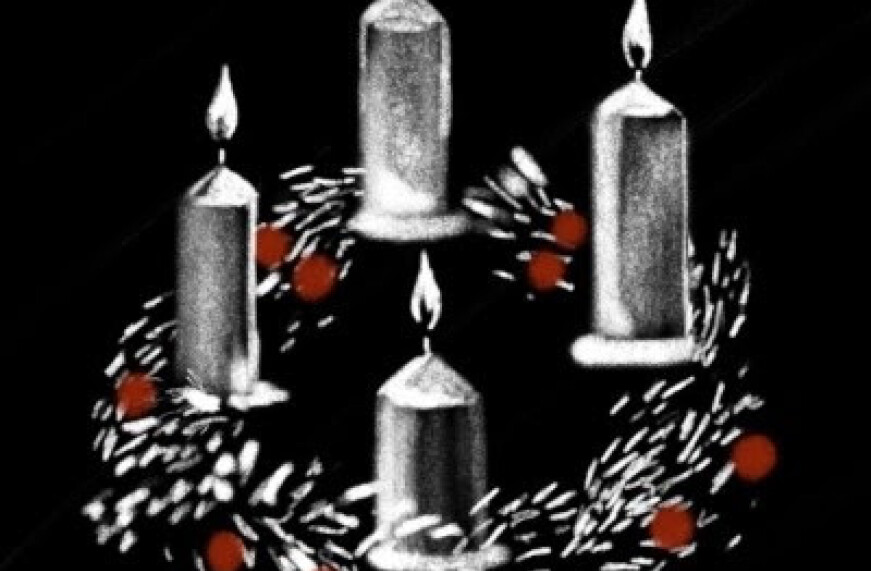This Giving Tuesday we are reflecting on what we have been able to do as a Church with what we have been given.
- Create a vibrant, Spirit-filled community
- Move migrants from city shelters, provide rent, furnishings and food
- Deliver meals through God’s Love We Deliver and serve as a hub for Thanksgiving meals
- Provide Christmas gifts to over 200 children and their parents at PS 15.
- Provide food through food drives and our Tiny Pantry
- Offer many youth programs including Sunday School, Youth Group and Afterschool
- Gather for Sunday worship, Wednesday Evening prayer, Community Dinner, the Parish Retreat, the Monthly Makers Guild, the Choir, the Parish Reads, the Men’s Group, 20/30’s Group, Adult Ed and more
This community has been and continues to be God's light in the world. What a gift that is!
We hope that on this Giving Tuesday, you will consider making a financial pledge to Holy Apostles for 2026. It is through your generosity that we are able to offer the programming and worship that helps to make Holy Apostles so special.
Already, we have 59 pledges totaling $230,500—71% of our goal of $325,000! This is amazing and a real testament to the commitment of our community to make Holy Apostles a vibrant and welcoming neighborhood church. The average pledge is $3,906. Help us close the gap by making a pledge or increasing what you already pledge.
This Giving Tuesday, we invite you to make your pledge to our shared ministry here at Holy Apostles for 2026.
You can:
· Use the pledge calculator.
· Fill out the online pledge form.
In this season of gratitude, we are grateful to be on this journey in Christ with you
In peace with joy,
The Mothers



